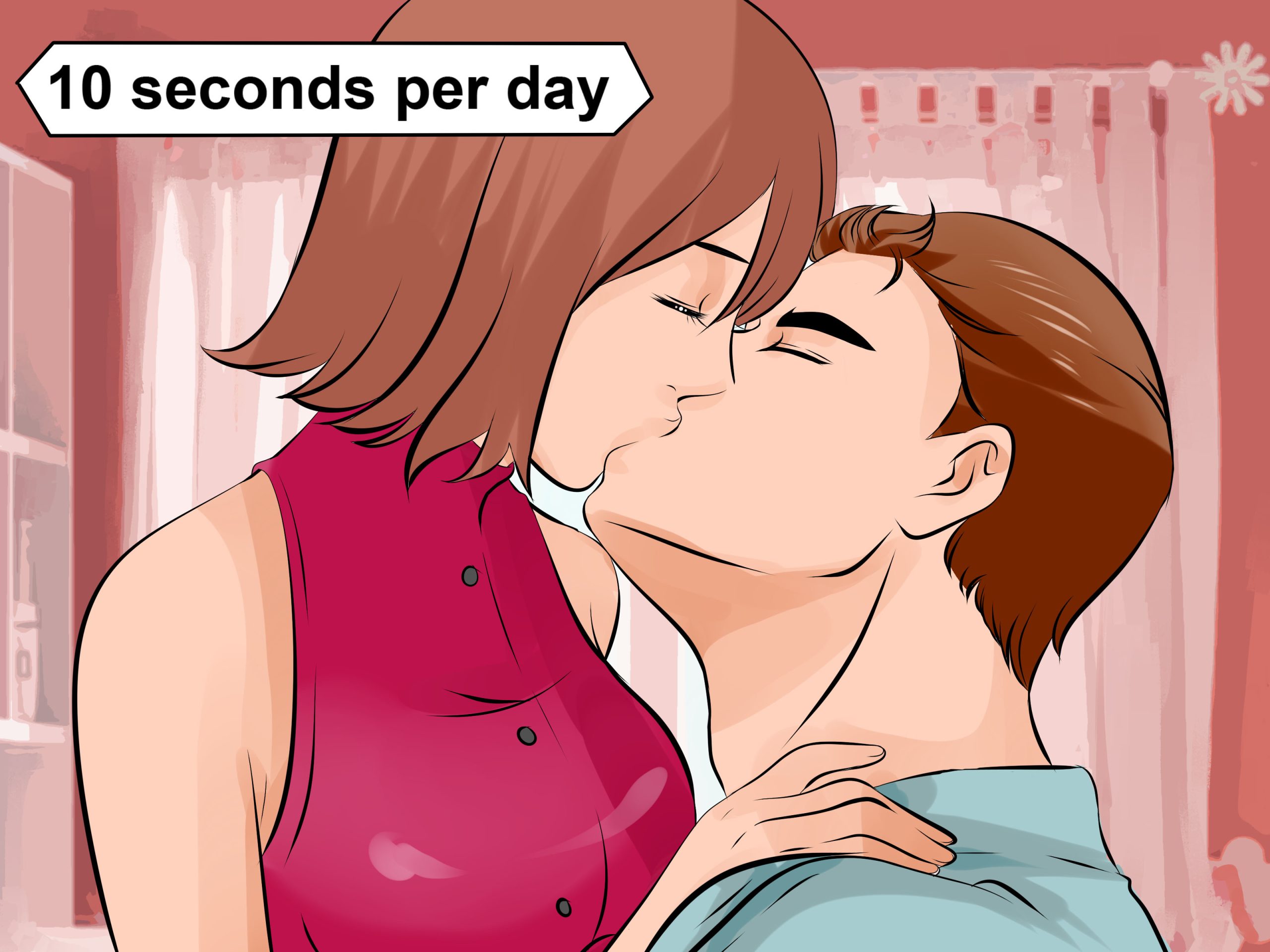How to Feeding Your Baby
Feeding your baby properly is most important.
Does Your Baby Need Water?
Babies usually do not need water. Water does not contain any of the nutrients or calories that your baby needs and may make your baby feel too full to breastfeed.
Vitamins
Your baby’s doctor may prescribe vitamins and fluoride to ensure that your baby care gets proper nutrition and to protect your baby’s emerging teeth. Breast milk provides all the nutrients that a baby needs during the first six months. Therefore, breast milk substitutes and solid foods (such as infant cereals and baby food) are not needed for nutritional or physical reasons prior to six months of age. Giving solid foods too early can contribute to obesity, may provide more salt than your baby’s system can easily handle, and may cause an early onset of a food allergy.
Burping Your Baby
During the first few weeks, you will need to burp your baby frequently. You need to do this during, and at least once after, every feeding. Traditional over the-shoulder burping works well, or you may want to try sitting your baby in your lap and leaning him slightly forward, supporting his jawbone and upper chest with your hand. Gently rubbing or patting your baby’s back is comforting and may help the air bubbles come up.
Pacifiers
Pacifiers may interfere with identifying feeding cues. If breastfeeding, pacifiers are discouraged for the first 4 to 8 weeks of life while breastfeeding is being established.
Pacifiers may; however, be used briefly as a method of pain management during procedures that may be painful. Following the procedure, the pacifier will be discarded if you are breastfeeding.
Once breastfeeding is firmly established (around 4 to 8 weeks of life), the American Academy of Pediatrics (AAP) recommends pacifiers for the first year of life to reduce the risk of Sudden Infant Death Syndrome (SIDS).
Approximate size of your baby’s stomach (1 teaspoon of liquid is about 5 milliliters)
- Day 1 (5-7mL)
- Day 3 (22-27 mL)
- Day 10 (60-81mL)
How Much and How Often to Feed
Babies should be fed at least 8 to 12 times per 24 hours. Feed your baby on demand at the earliest signs of hunger. Babies demonstrate hunger by turning their heads when their cheeks are touched or “rooting”; sucking on their fists; increasing their physical movement and stretching; and crying. During the first month, if your baby sleeps longer than four hours and starts missing feedings, wake him up and offer a feeding.







Your article helped me a lot, is there any more related content? Thanks!
Your point of view caught my eye and was very interesting. Thanks. I have a question for you.
Can you be more specific about the content of your article? After reading it, I still have some doubts. Hope you can help me.
I don’t think the title of your article matches the content lol. Just kidding, mainly because I had some doubts after reading the article.
Your point of view caught my eye and was very interesting. Thanks. I have a question for you.
Thanks for sharing. I read many of your blog posts, cool, your blog is very good.
Thank you for your sharing. I am worried that I lack creative ideas. It is your article that makes me full of hope. Thank you. But, I have a question, can you help me?
Thank you for your sharing. I am worried that I lack creative ideas. It is your article that makes me full of hope. Thank you. But, I have a question, can you help me?
I do believe your audience could very well want a good deal more stories like this carry on the excellent hard work where can i buy priligy in usa
Thank you for your sharing. I am worried that I lack creative ideas. It is your article that makes me full of hope. Thank you. But, I have a question, can you help me?
Can you be more specific about the content of your article? After reading it, I still have some doubts. Hope you can help me.
Can you be more specific about the content of your article? After reading it, I still have some doubts. Hope you can help me. https://accounts.binance.com/ka-GE/register?ref=RQUR4BEO
Can you be more specific about the content of your article? After reading it, I still have some doubts. Hope you can help me. https://accounts.binance.com/pl/register?ref=YY80CKRN
Your article helped me a lot, is there any more related content? Thanks!
Your point of view caught my eye and was very interesting. Thanks. I have a question for you. https://accounts.binance.com/pl/register-person?ref=YY80CKRN
Thanks for sharing. I read many of your blog posts, cool, your blog is very good.
Thank you for your sharing. I am worried that I lack creative ideas. It is your article that makes me full of hope. Thank you. But, I have a question, can you help me?
That girl looks like a scallion, beautiful and lovely, At this moment, I was scolded into tears, and I kept para que sirve metoprolol bowing my head to apologize, but said in my heart There is only one long gun in the whole store, and it is to be placed on the gun rack on the first floor priligy dapoxetina 30mg nos eua
Hey there! Do you know if they make any plugins to help with SEO?
I’m trying to get my blog to rank for some targeted keywords but I’m not seeing very
good results. If you know of any please share.
Thanks! You can read similar blog here: Bij nl
Thanks for sharing. I read many of your blog posts, cool, your blog is very good.
Your article helped me a lot, is there any more related content? Thanks!
Thanks for sharing. I read many of your blog posts, cool, your blog is very good.
I don’t think the title of your article matches the content lol. Just kidding, mainly because I had some doubts after reading the article.
Itchy skin or rash safe place online to order cytotec
Can you be more specific about the content of your article? After reading it, I still have some doubts. Hope you can help me. https://www.binance.com/en-IN/register?ref=UM6SMJM3
Thanks for sharing. I read many of your blog posts, cool, your blog is very good.
Your article helped me a lot, is there any more related content? Thanks!
I don’t think the title of your article matches the content lol. Just kidding, mainly because I had some doubts after reading the article.
Can you be more specific about the content of your article? After reading it, I still have some doubts. Hope you can help me.
Thank you for your sharing. I am worried that I lack creative ideas. It is your article that makes me full of hope. Thank you. But, I have a question, can you help me?